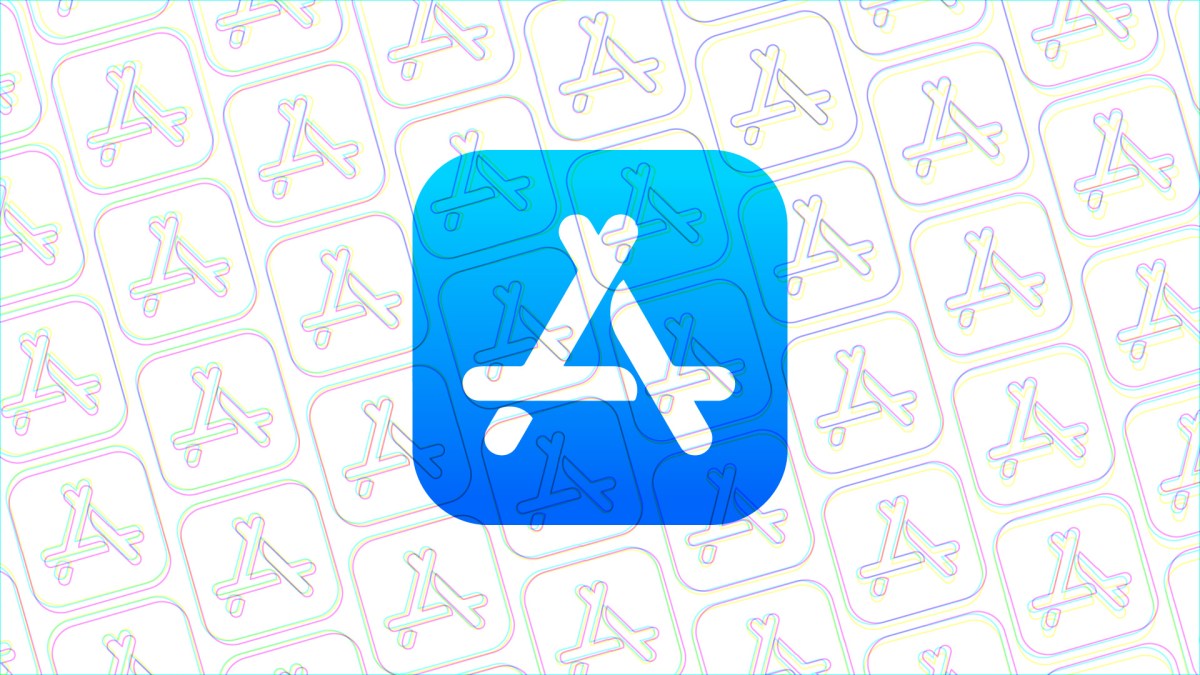A new report suggests that Apple’s practice of incorporating ideas from third-party developers into its iOS and Mac features and apps comes at a high price. The public beta for iOS 18 is now available for download ahead of its fall release, offering a sneak peek at the changes Apple has made. These changes could impact apps that generated approximately $393 million in revenue and were downloaded around 58 million times in the past year, according to data from app intelligence firm Appfigures.
Every year at Apple’s Worldwide Developers Conference in June, the company previews upcoming software and operating system releases, often incorporating features previously only available through third-party apps. This practice, known as “sherlocking,” refers to when Apple launches a new feature that was previously only found in a third-party app, essentially taking over that app’s functionality.
In the past, sherlocking apps made sense in situations where certain features could be better integrated into Apple’s software for user convenience. However, questions have been raised about whether Apple’s use of proprietary data influences its decisions on what to build next and how it competes with third-party apps. For example, before launching its own parental controls system, Apple shut down several third-party apps in the same space, citing noncompliance with its rules.
In recent years, Apple has sherlocked third-party apps with features like Continuity Camera, medication tracking, sleep tracking, mood tracking, and apps such as Freeform and Journal. A recent analysis by Appfigures identified several app genres that Apple targeted in 2024.
These targeted categories generated significant revenue over the past year, with trail apps leading at $307 million annually. Other categories like grammar helpers, math solvers, password managers, and emoji-making apps also contributed substantial revenue.
By analyzing apps with over 1,000 downloads per year, Appfigures found that trail apps were the most affected by Apple’s sherlocking, accounting for 78% of potentially affected revenue and 40% of download numbers. The analysis also showed growth in math solvers, grammar helpers, password managers, and trail apps, with a decline in emoji-making apps.
While Apple’s built-in features may satisfy casual users, apps that continue to innovate and provide unique enhancements could still thrive. Leveraging other platforms like Siri could also benefit app developers in reaching a wider audience.
This article was initially published on June 18 and has been updated to include details about the iOS 18 public beta release.


